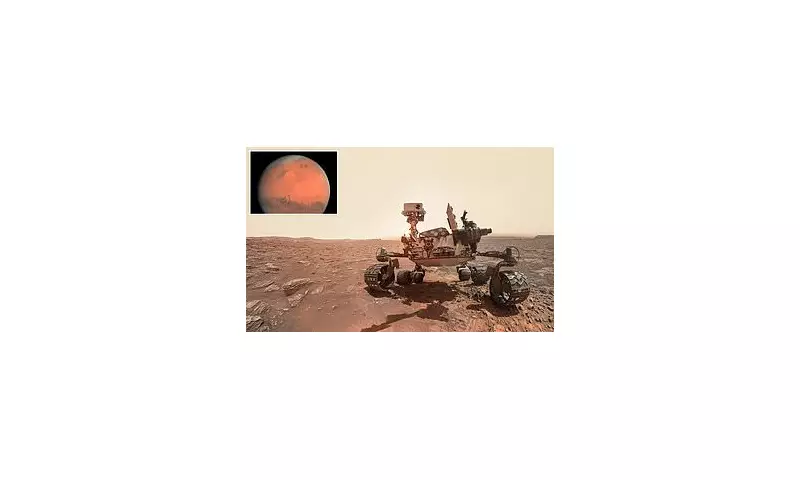
NASA has sent the scientific community and space enthusiasts into a frenzy with a cryptic announcement promising a major revelation concerning its ongoing mission on the Red Planet. The space agency is set to unveil new findings from the Perseverance rover, leading to intense speculation that it may have finally uncovered evidence related to life on Mars.
The announcement, deliberately vague, has ignited theories that the rover's sophisticated instruments may have detected biosignatures—chemical or physical signs that could only have been produced by past or present biological processes. This would represent a monumental breakthrough in humanity's quest to answer the age-old question: are we alone in the universe?
The Perseverance Mission: A Quest for Answers
The Perseverance rover, which touched down in the Jezero Crater in February 2021, was specifically designed as the first step in a Mars sample-return campaign. Its primary mission is astrobiological: to search for signs of ancient microbial life. The crater is believed to have once been a river delta, an environment considered one of the most promising places to find evidence of past habitability.
Equipped with a drill to collect core samples of Martian rock and soil, the rover has been meticulously sealing these samples in tubes for a future mission to retrieve and bring back to Earth for detailed analysis. Any announcement related to this mission is therefore treated with the utmost significance.
What Could the Discovery Be?
While NASA is remaining tight-lipped, experts suggest several possibilities for the impending announcement:
- Organic Molecules: The detection of complex organic compounds, the building blocks of life, within a collected sample.
- Mineral Biosignatures: The discovery of specific minerals or textures in rock that are known to form in the presence of microbial life.
- Atmospheric Anomalies: Unexpected readings of gases like methane, which on Earth is often produced by biological processes.
Scientists caution that while any of these would be extraordinary, they are not definitive proof of life. Non-biological processes can also create similar signals, making confirmation a complex and rigorous process.
A History of Martian Mysteries
This is not the first time a potential discovery on Mars has captured the world's imagination. Past missions have yielded tantalising but ultimately inconclusive clues, teaching the scientific community a lesson in patience and meticulous verification. The deliberate vagueness of NASA's current teaser suggests the agency is confident in its findings but is ensuring all data is peer-reviewed and validated before making a formal declaration.
The global space community now waits with bated breath for the official briefing, which could potentially reshape our understanding of our place in the cosmos and mark one of the most important scientific discoveries in human history.





